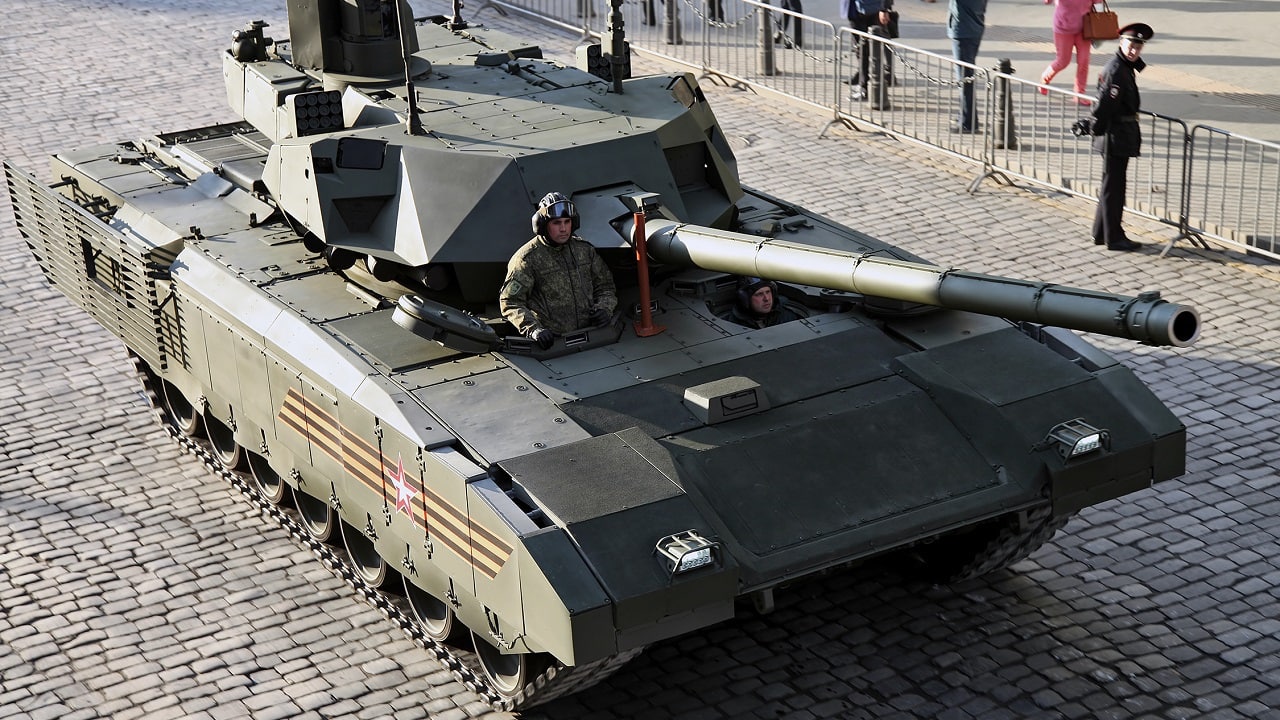Russian oligarch Oleg Tinkov, the billionaire founder of Russian digital bank Tinkoff and the 15th richest person in Russia, slammed Russian President Vladimir Putin last week over his invasion of Ukraine.
Writing on Instagram on Tuesday, the high-profile Russian entrepreneur claimed that 90% of the Russian people are against the war and that Russian government officials are still in shock that they won’t be able to vacation in the Mediterranean this summer.
“I don’t see a single beneficiary of this insane war,” Tinkov said.
“The Kremlin’s civil servants are in shock that not only they but also their children won’t go to the Mediterranean this summer. Businessmen are trying to save what’s left of their property,” he added.
The comments could well land Tinkov in trouble with the authorities, after the Russian Parliament passed new legislation in March that made criticism of the Ukraine war an imprisonable offense for journalists. Under the legislation, private citizens can also be fined for expressing opposition to the war.
Tinkov has many reasons to be angry with Putin. Not only has Russia been cut off from the Western world financially, but the entrepreneur himself has been personally sanctions by the United Kingdom. He is one of 65 individuals and Russian entities that were sanctioned by the British for their support of Russia’s illegal invasion. It is unclear whether the status of those sanctions will change for Tinkov or other oligarchs who express their opposition to the war.
At the end of his Twitter post, Tinkov offered a message written in English for his Western followers, asking them to “give Mr. Putin a clear exit to save his face and stop this massacre.”
Is Putin’s Inner Circle Turning On Him?
Along with Russian business leaders becoming increasingly vocal in their opposition to Putin’s war in Ukraine, reports suggest that a “small and growing number” of senior Kremlin insiders are now beginning to question the Russian president’s decision-making.
Bloomberg reports that some Kremlin insiders are beginning to believe that the invasion of Ukraine was a catastrophic error that is likely to set Russia many years in terms of its standing in the world. Kremlin officials revealed their views on the matter to the news outlet on the condition of anonymity, explaining that there was no chance the Russian president will reverse course and end the war in Ukraine without some kind of victory.
Some officials also expressed concern that Putin may consider deploying tactical nuclear weapons if faced with the possibility of failure in Ukraine.
“Senior officials have tried to explain to the president that the economic impact of the sanctions will be devastating, erasing the two decades of growth and higher living standards that Putin had delivered during his rule, according to people familiar with the situation,” Bloomberg reports, adding that Putin has “brushed off” the warnings and said that Russia is willing to pay the price.
Jack Buckby is a British author, counter-extremism researcher, and journalist based in New York. Reporting on the U.K., Europe, and the U.S., he works to analyze and understand left-wing and right-wing radicalization, and reports on Western governments’ approaches to the pressing issues of today. His books and research papers explore these themes and propose pragmatic solutions to our increasingly polarized society.

